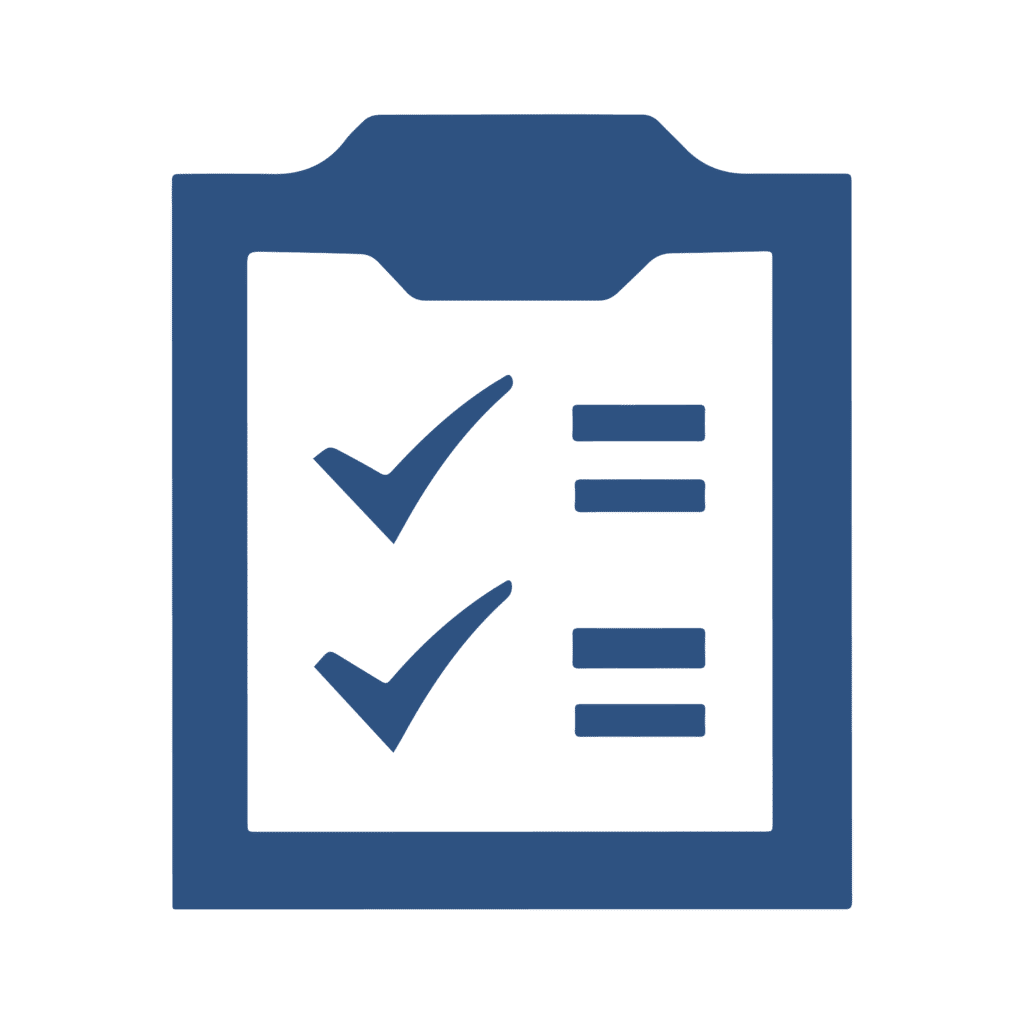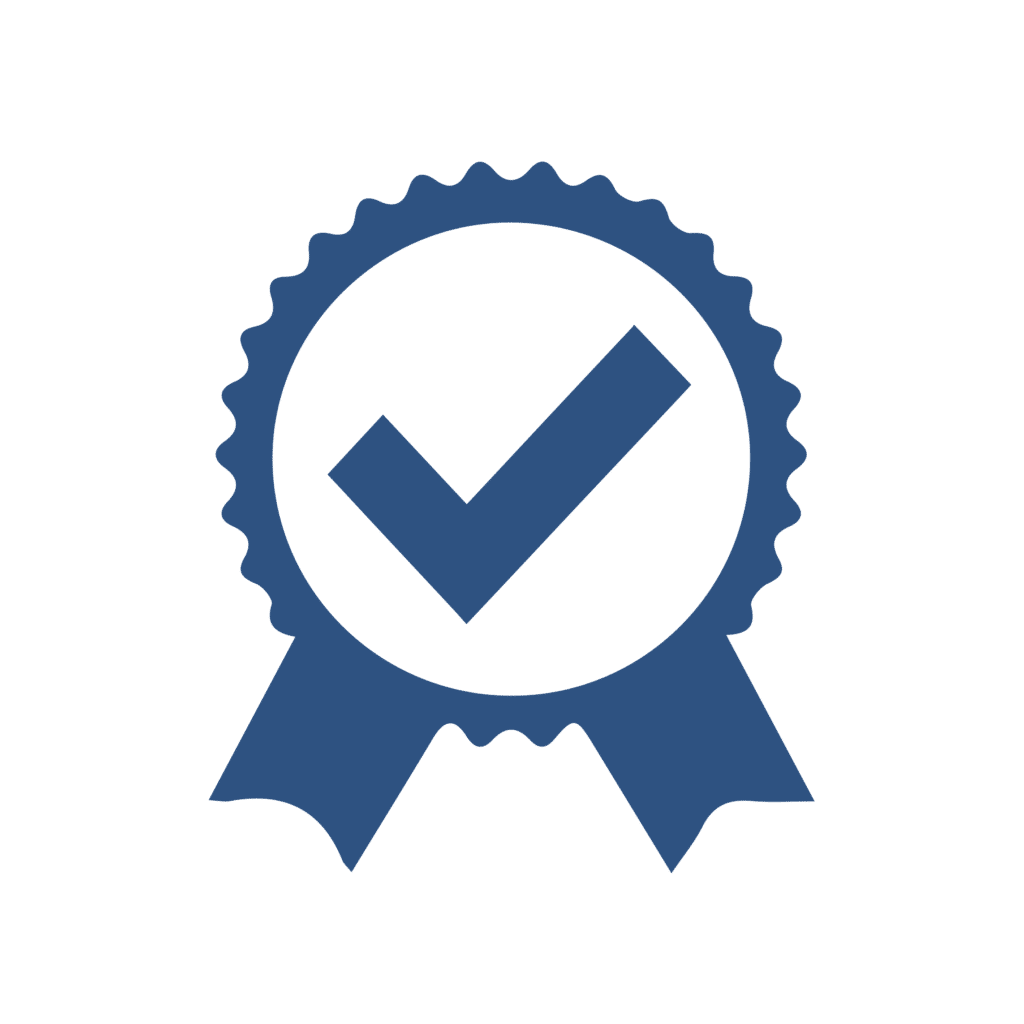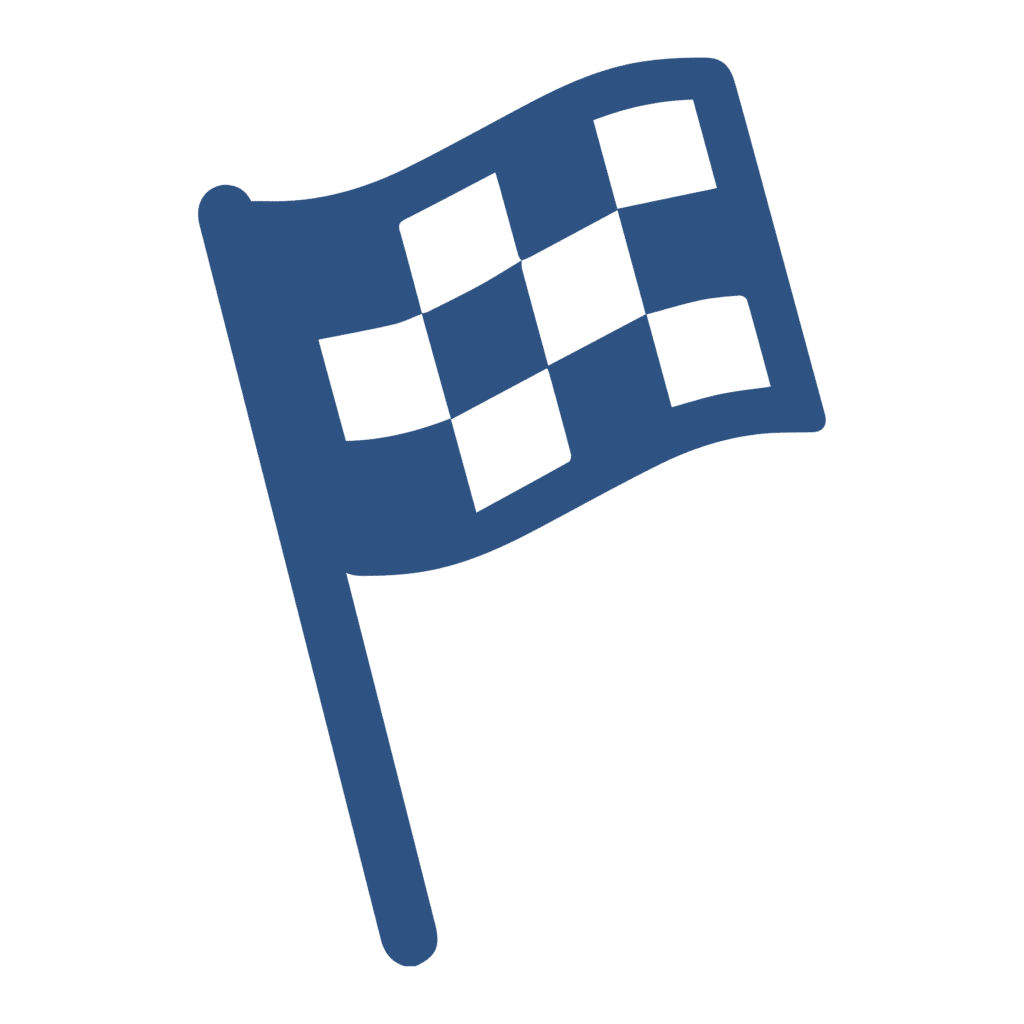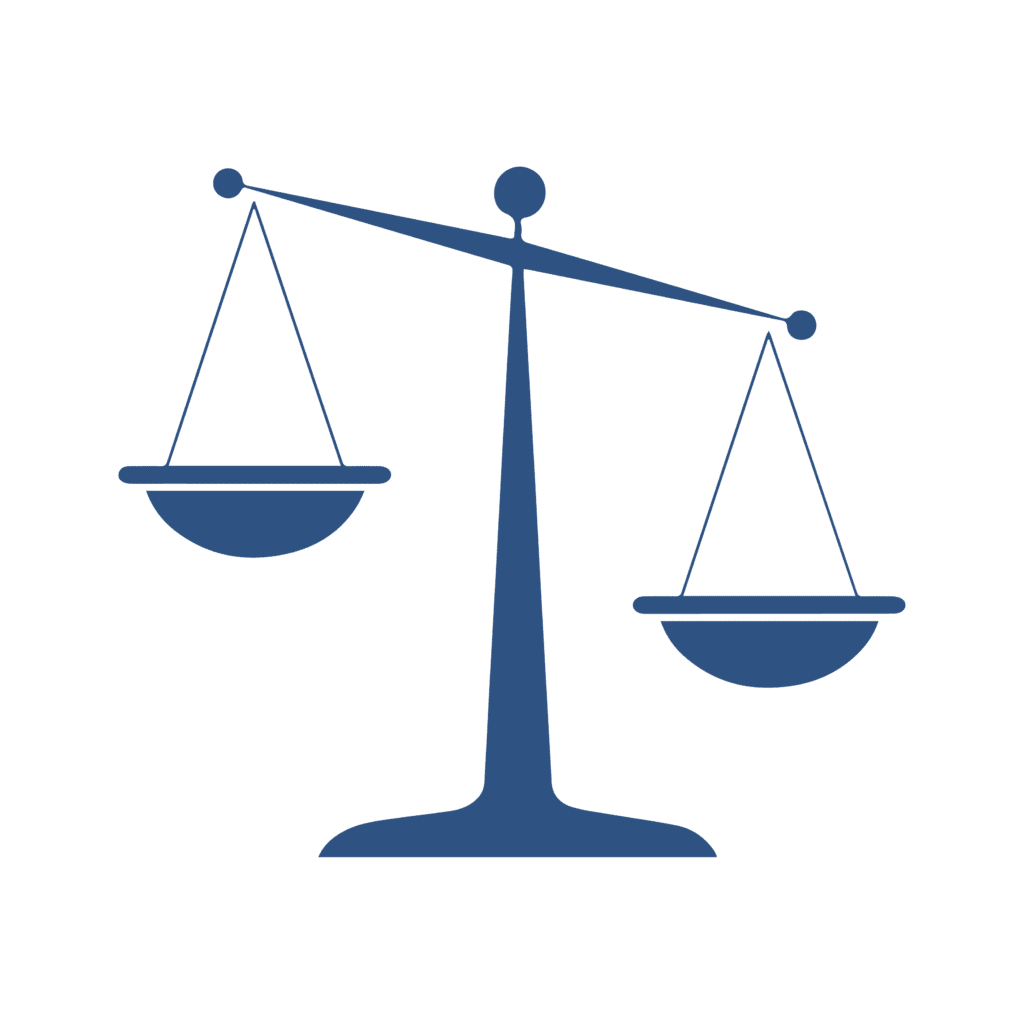
In 2020, the corona pandemic taught us in a particularly drastic way that it is not always possible to run tests in groups on site. This includes tests with test booklets as well as online tests.
Instead of testing on site tests could be carried out from home with monitoring via so-called proctoring. We have developed special tests for this type of implementation. Proctoring is only possible for online tests.
In proctoring, the test participants are monitored by a so-called proctor via a webcam, microphone and screen sharing. Test takers and proctors can communicate with each other via a chat, e.g. when the participant asks questions. The proctor ensures that the test is taken in accordance with the rules (e.g. no unauthorised behaviour, the participant takes the test by his own). All proctors are comprehensively trained and speak German and English.
Before the test begins, an identity check is carried out by the proctor. For this purpose, photos are taken of the photo ID and the participant and stored for a limited time (learn more about data protection at ITB). The identity check can be used to verify that the test is taken by the registered person.
In a short video we show the process of a test taken with proctoring.
You can also find more information about proctoring on our page for participants in proctoring tests.


Even irrespective of a pandemic, testing with proctoring offers various advantages. At the same time, such tests are just as standardised and reliable as an administration in test centres or universities.
Based on our established test concepts, we have developed a general study aptitude test as well as several aptitude tests for specific fields of study (e.g. business administration, law). The proctoring tests meet the requirements set by the legislator for the selection of students. For example, they are standardised and only contain modules that have been empirically proven in various studies to predict academic success. The subject-specific study aptitude tests also reflect the requirements and topics of the respective field of study.
Our subject-specific study aptitude tests for the implementation of proctoring consist of four modules, each with 15 exercises. A test takes two hours to complete.

With the ITB-ASET, we assess basic skills that are important for successful academic studies – regardless of the respective subject area. In the ITB-ASET we therefore assess mathematical skills, verbal skills, deductive thinking and the combined application of these three skills.
The ITB-ASET consists of the four modules:
Processing time: 120 minutes

We have developed ITB-REWI especially for the selection of law students. With ITB-REWI we record skills that are specifically required for law studies. In addition to exercise groups on verbal and analytical skills, the test also includes exercise groups that assess reasonings typical for law.
ITB-REWI consists of the four modules:
Processing time: 120 minutes
